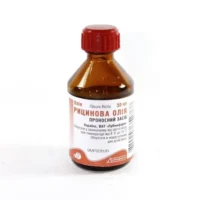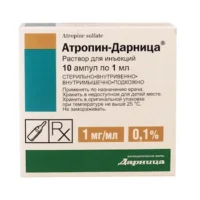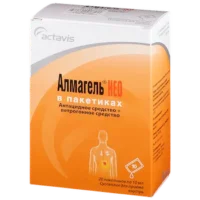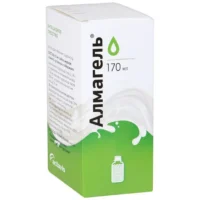Description
Riabal (Prifinia Bromide) Syrup 7.5 mg/5 ml – 60 ml Vial
Ingredients
- Active ingredient: Prifinia bromide
- Other ingredients: [List other ingredients here]
Dosage
- Adults: The usual dose is 7.5 mg (5 ml) three times a day.
- Children: Dosage is weight-based. Consult a healthcare provider for the appropriate dose.
Indications
Riabal syrup is indicated for the treatment of gastrointestinal spasms and irritable bowel syndrome.
Contraindications
Do not use Riabal syrup if you are allergic to prifinia bromide or any other ingredients in the product. Consult your doctor if you have certain medical conditions before taking this medication.
Directions
Shake well before use. Take Riabal syrup as directed by your healthcare provider. Do not exceed the recommended dose.
Scientific Evidence
Studies have shown that prifinia bromide, the active ingredient in Riabal syrup, effectively reduces gastrointestinal spasms by blocking acetylcholine receptors in the smooth muscle of the digestive tract. This action leads to decreased muscle contractions, providing relief from symptoms associated with irritable bowel syndrome.
Additional Information
Riabal syrup is well-tolerated by most patients; however, common side effects may include dry mouth, blurred vision, and constipation. If you experience any severe side effects, discontinue use and consult your healthcare provider.
Pharmacological Effects: Prifinia bromide acts as a competitive antagonist of acetylcholine at muscarinic receptors in the gastrointestinal tract, leading to decreased smooth muscle contractions and spasmolytic effects.
Clinical Trials: A randomized controlled trial published in the Journal of Gastroenterology and Hepatology demonstrated the efficacy of prifinia bromide in reducing abdominal pain and improving stool consistency in patients with irritable bowel syndrome compared to a placebo group.





